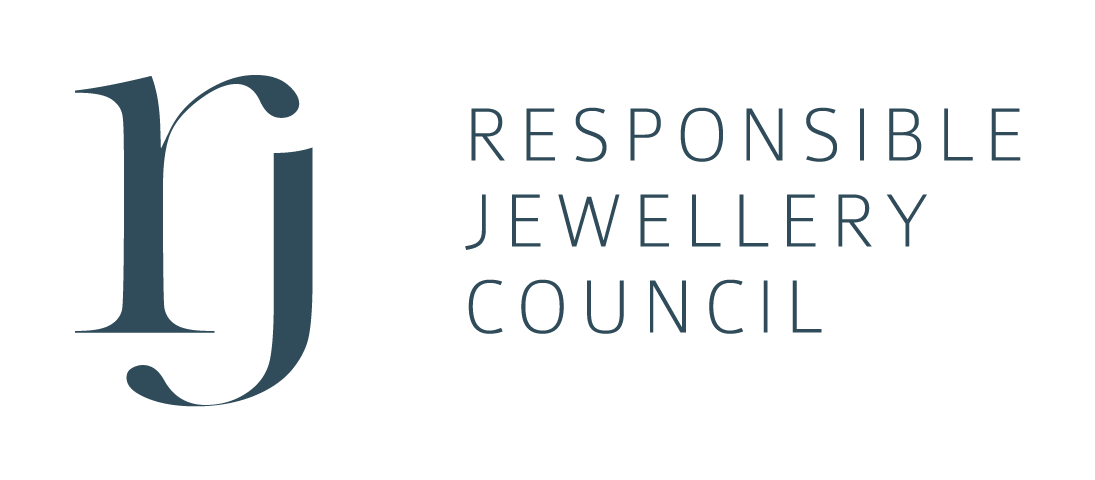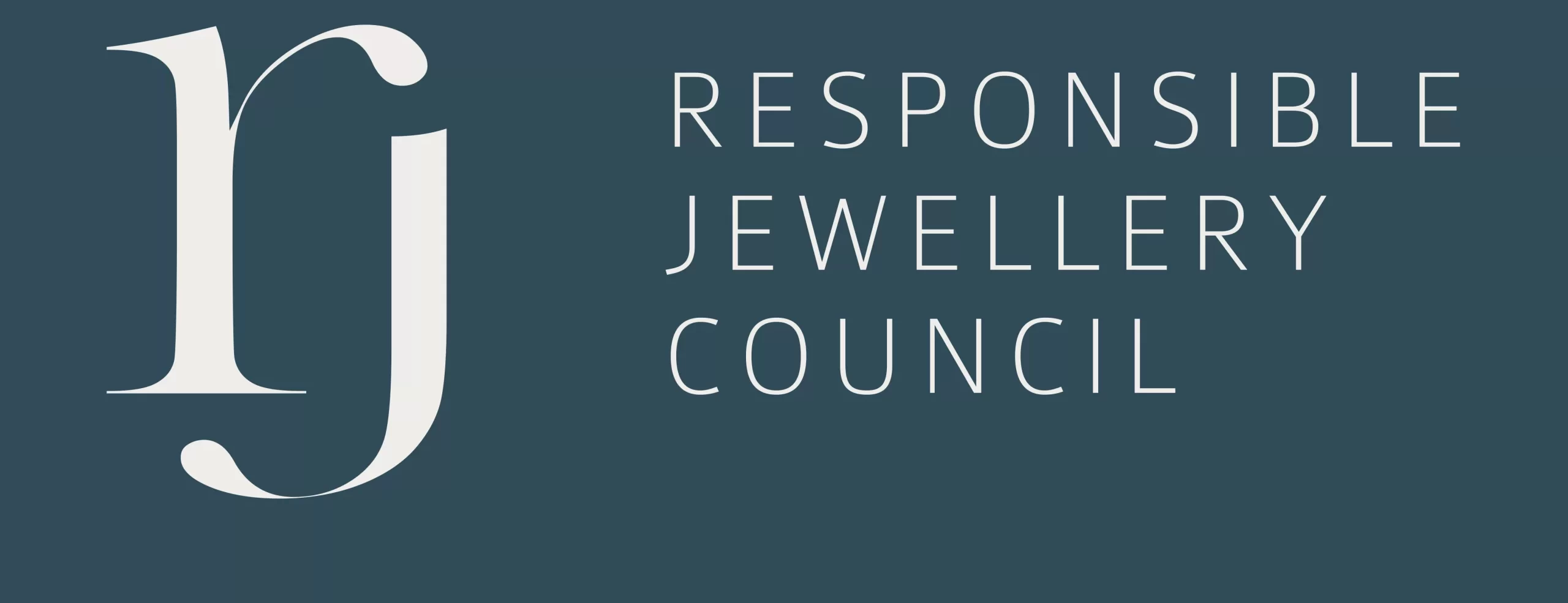Every business in the jewellery and watch supply chain can contribute to the 17 Sustainable Development Goals (SDGs). This is the decade of action and delivery. Wherever you are on your sustainability journey, we can support you to integrate responsible business practices into your core strategy.
Our Code of Practices standard is aligned with the UN Sustainable Development Goals (SDGs). This provides our members with a solid foundation to continue their journey of transformation in the supply chain.
In 2019, the RJC and UN Global Compact became strategic partners with a shared goal to educate and build an action platform on the implementation of the SDGs. Measuring progress will be critical to ensure we are on the right track.
RJC is committed to be the catalyst of that transformation, through the implementation of the Code of Practices standard – and the reporting on progress on the implementation of the SDGs. The SDGs can only be realised with strong global partnerships and corporation. Our partnership with the UN Global Compact reflects this vision.
How the RJC Code of Practices support the SDGs
Members of RJC can review their sustainability strategy through the lens of the 17 SDGs, and assess which SDGs are most relevant/material to their operations. Implementation of the Code of Practices supports members in their journey to 2030.
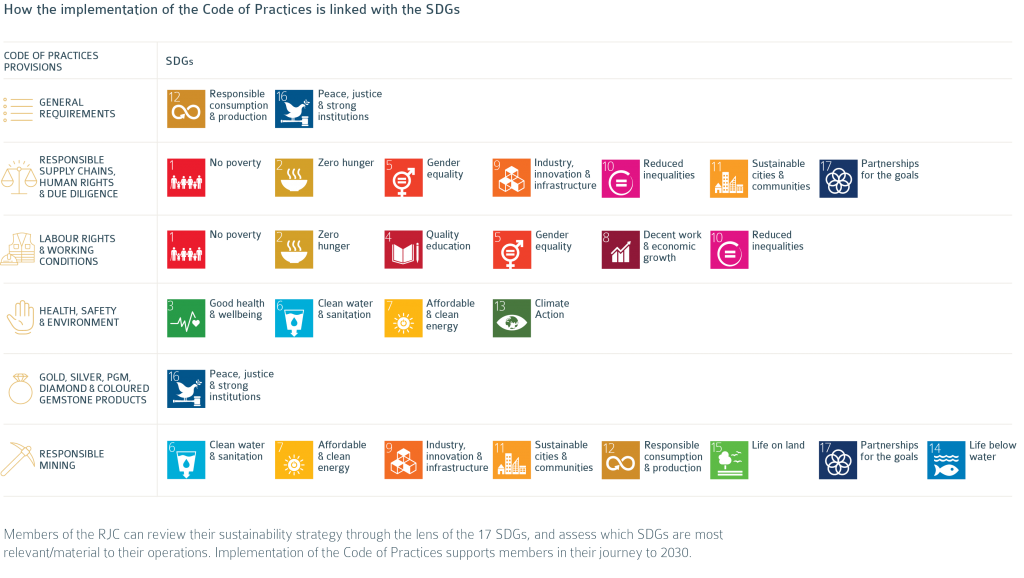
Transforming business for the future – a process of continuous improvement
In August 2019 over 200 RJC members gave feedback on the Sustainable Development Goals Survey. Contributing to the SDGs is intertwined with adherence to the 42 provisions in the RJC’s COP, with 70% of members agreeing that the RJC certification has contributed to the actions taken by their company to advance the SDGs. For members, it’s a journey of continuous improvement.
More than 70% of members are already taking several different actions to advance SDGs in their business, specifically:
- 40% are developing products/services that contribute to the SDGs
- 35% are aligning their core business strategy with the SDGs
- 32% are designing business models that contribute to the SDGs
- 28% are collaborating with industry on the SDGs
- Members noted the following top 5 SDGs which they are acting on, and having a positive impact: SDG 5, SDG 8, SDG12, SDG13, SDG17.
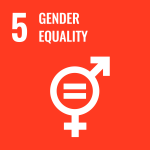
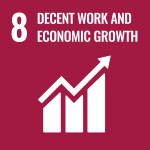
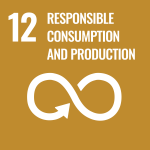
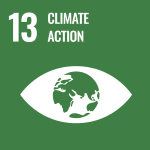
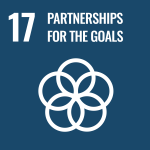
What are the Sustainable Development Goals (SDGs)?
17 Goals for People, for Planet
The Sustainable Development Goals are a universal call to action to end poverty, protect the planet and improve the lives and prospects of everyone, everywhere. The 17 Goals were adopted by all UN Member States in 2015, as part of the 2030 Agenda for Sustainable Development which set out a 15-year plan to achieve the Goals.
Today, progress is being made in many places, but, overall, action to meet the Goals is not yet advancing at the speed or scale required. 2022 needs to usher in a decade of ambitious action to deliver the Goals by 2030.
SDG Report 2021
Since its inception in 2015, the 2030 Agenda has provided a blueprint for shared prosperity in a sustainable world—a world where all people can live productive, vibrant and peaceful lives on a healthy planet. The year 2030 is just 8 years away and we must ask ourselves if our actions today are laying the right foundation to achieve the Sustainable Development Goals (SDGs). The Sustainable Development Goals Report 2021 provides evidence-based insights to answer this question.
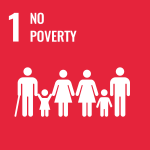
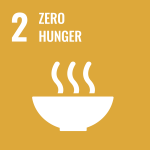
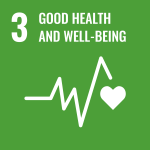
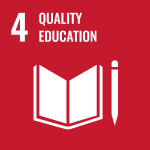

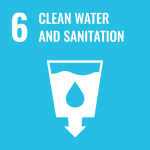
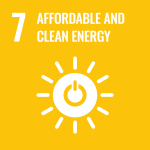

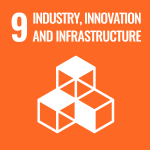
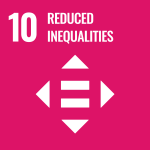
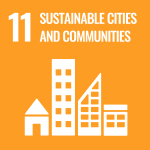


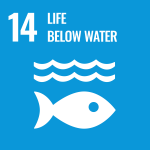
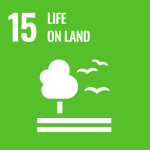
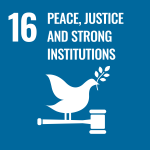

UN SDGs / Global Goals
Leave no one behind
The Sustainable Development Goals are the blueprint to achieve a better and more sustainable future for all. They address the global challenges we face, including those related to poverty, inequality, climate change, environmental degradation, peace and justice. The 17 Goals are all interconnected, and in order to leave no one behind, it is important that we achieve them all by 2030.
